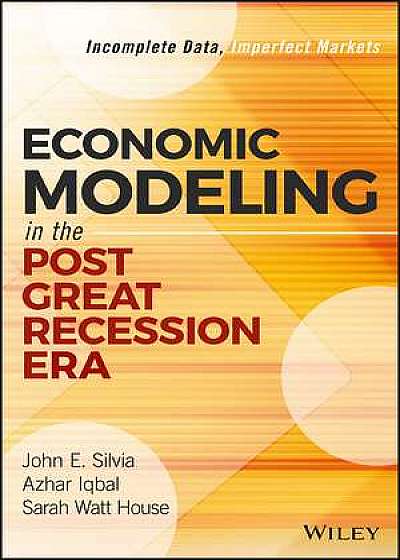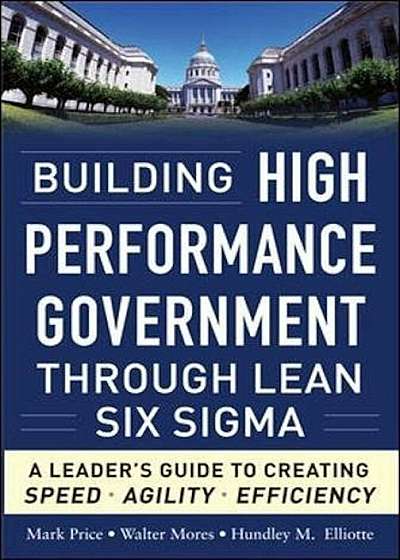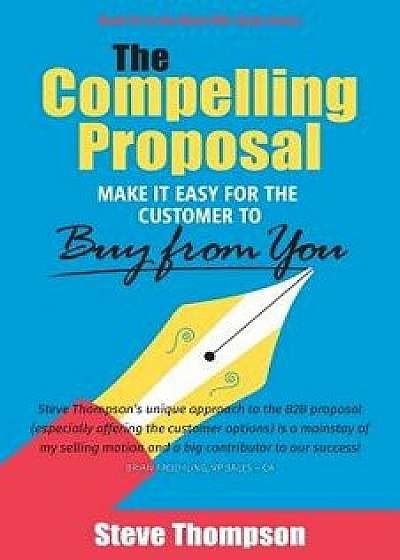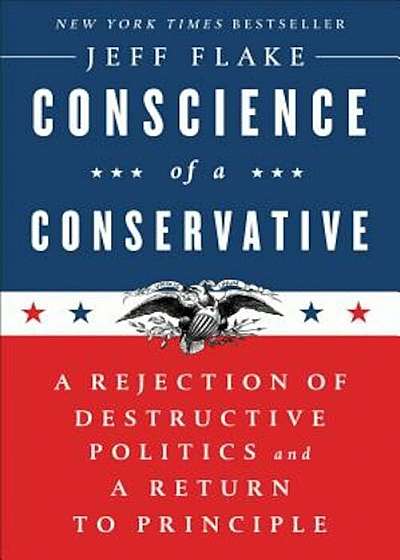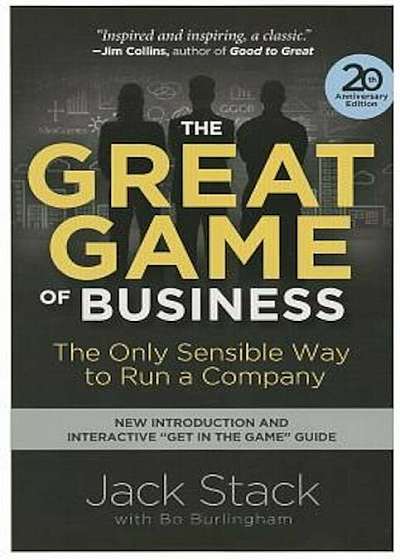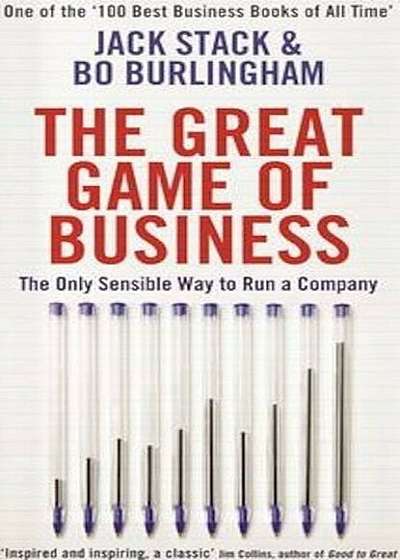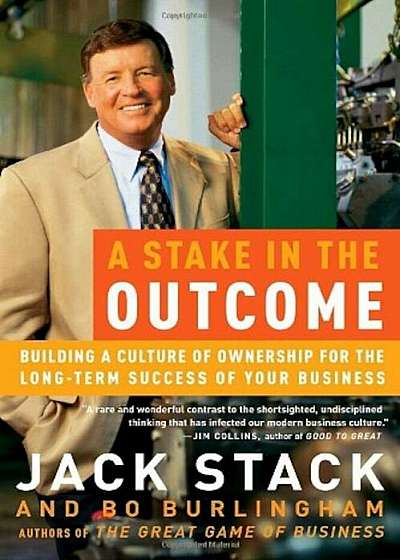
A Stake in the Outcome: Building a Culture of Ownership for the Long-Term Success of Your Business, Paperback
Descriere
The First Management Classic of the New Millennium A bold experiment is taking place these days, as leading-edge companies turn upside down the management paradigm that has dominated corporate thinking for more than one hundred years. Southwest Airlines is perhaps the most visible practitioner, soaring through economic downturns while its competitors slash their budgets and order massive layoffs, but you can find other pioneers of the new approach in almost every industry and market niche. Their secret: a culture of ownership that allows them to tap into the most underutilized resource in business today-namely, the enthusiasm, intelligence, and creativity of working people everywhere. No one knows more about building a culture of ownership than CEO Jack Stack, who's been working on one for the past twenty years with his colleagues at SRC Holdings Corporation (formerly Springfield Re Manufacturing Corporation). Along the way, they've turned their company into what Business Week has called a -management Mecca, - attracting thousands of people representing hundreds of businesses to SRC's home in Springfield, Missouri. There the visitors learn how to incorporate the ideals and values of SRC's remarkable corporate culture into their own organizations-and then they go back and do it. Now, in A Stake in the Outcome, Stack offers a master class on creating a culture of ownership, presenting the hard-won lessons of his own twenty-year journey and explaining what it really takes to build for long-term success. The pioneer of -open-book management- (described in the best-selling classic The Great Game of Business), Stack and twelve other managers began their journey in 1982, when they purchased their factory from its struggling parent company. SRC grew 15 percent a year, while adding almost a thousand new jobs, and the company's stock price rocketed from 10 cents to $81. 60 per share. In the process, Stack discovered that long-term success required constant innovation-and that b


